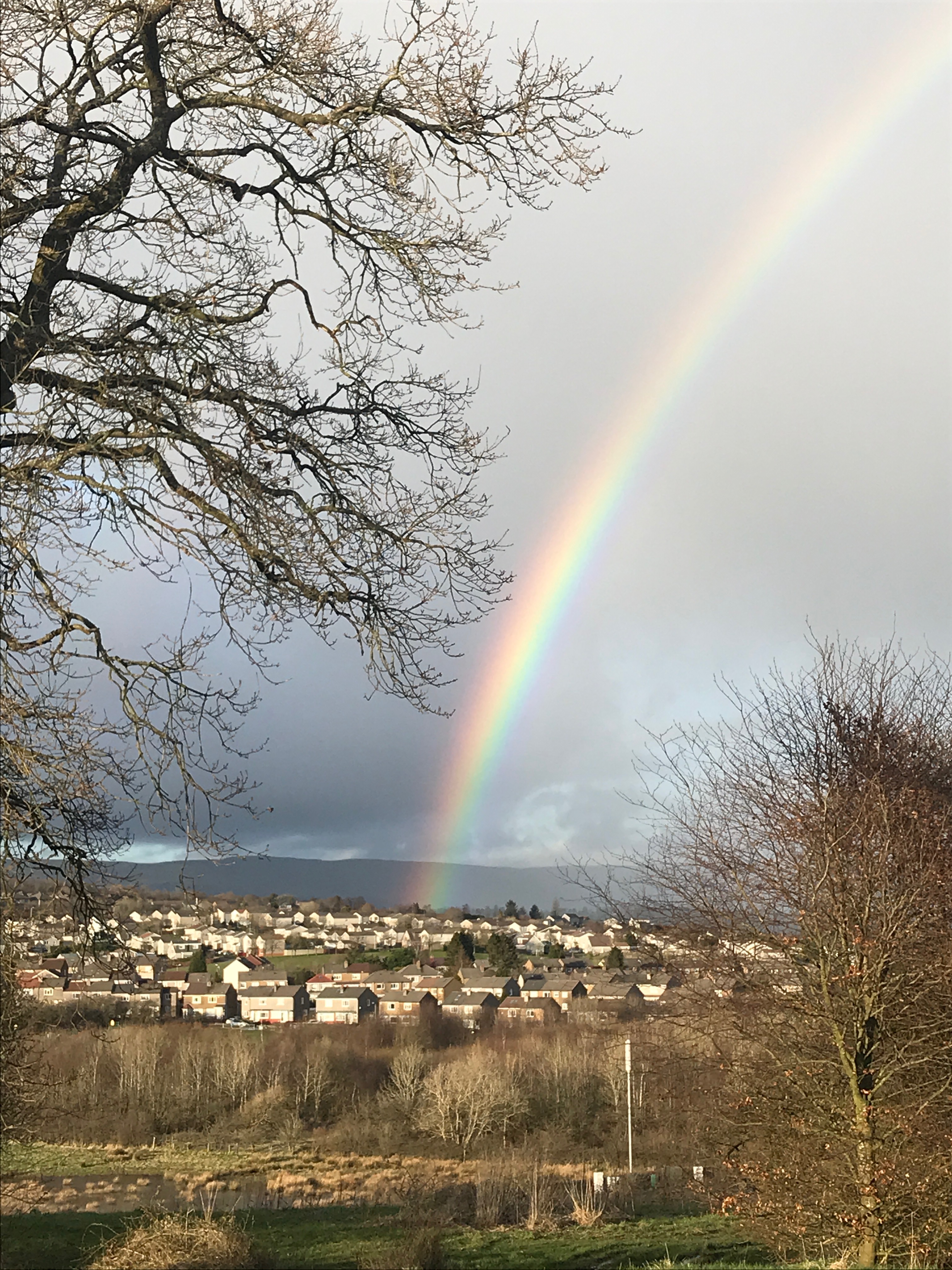Tim has contributed this article that he wrote last year for the magazine ‘Open House’. His reflection on the presence of God in the created world seems particularly relevant for our current situation.
Finding God in creation
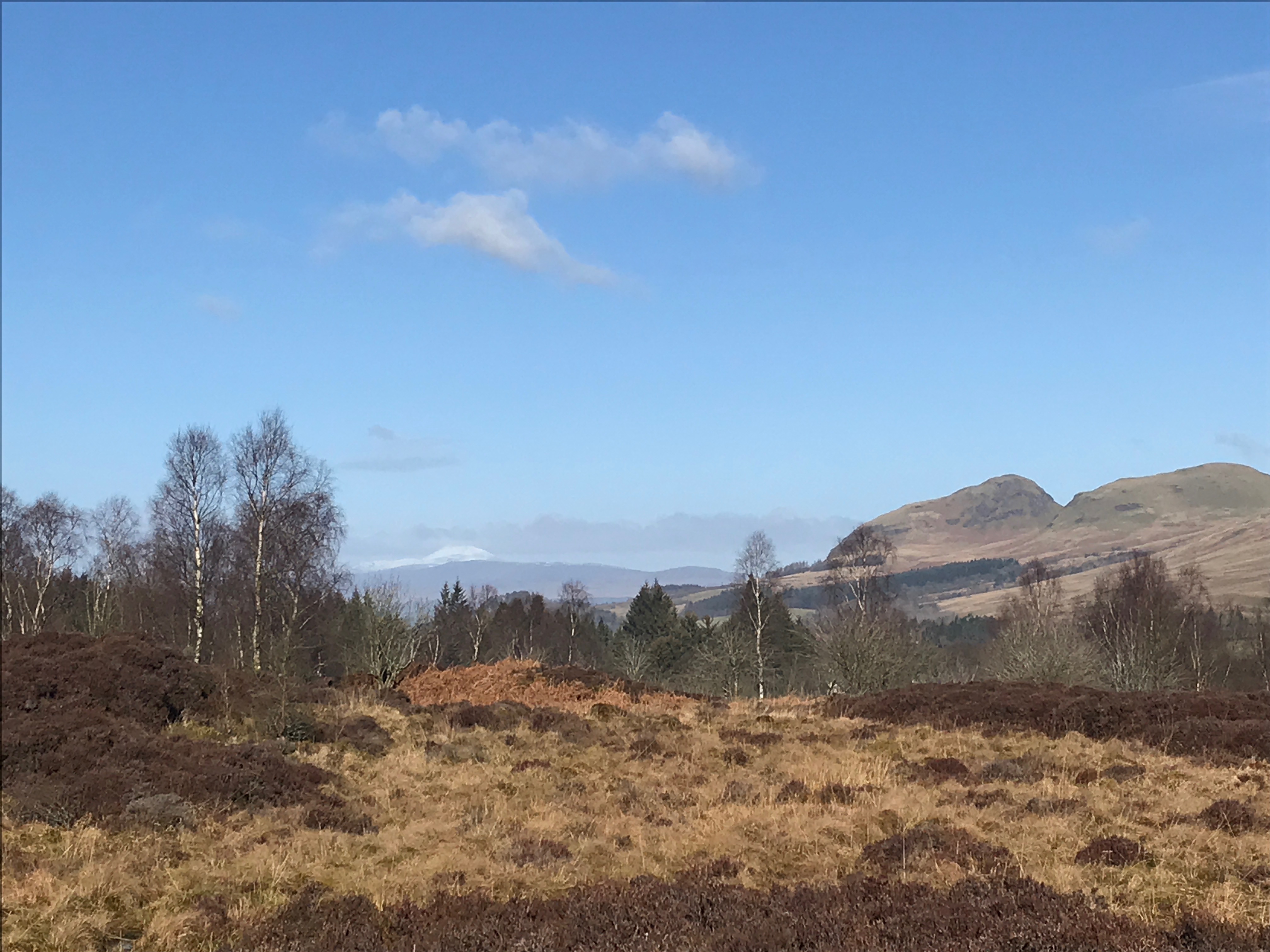
I cannot imagine creation without the God who inspires, designs and sustains the living world. What seemed obvious to our ancestors is no longer the case today, when to believe in a creating force is often considered unreasonable and unscientific.
There are serious difficulties in the idea of a caring creator. The world as we know it, although in many ways beautiful and amazing, also has earthquakes, floods, droughts and wasting diseases. For many people it is a harsh and difficult place.
The role of humanity is key. Most people now agree that we have a responsibility to look after the planet. To the Christian this is a God given task. Pope Francis points out in his encyclical Laudato Si that in Genesis 2:15, people were told to till and keep the garden: to care for it and pass it on to future generations. Wise stewards of the soil and hunters and fishers have always known this, but many Christians have lost sight of it and have interpreted Genesis to mean that we can control nature as we see fit. Many colonists went to America, for example, with the idea that there was an inexhaustible supply of natural resources. Native peoples often had a better understanding of living in harmony with nature and understood God as part of the natural world.
The Western world is not alone in having an ambivalent attitude to environmental issues. Communist countries used to be notorious for ignoring the harmful consequences of ill considered development, and in India the Ganges, although sacred to Hindus, is one of the most polluted rivers in the world.


This idea of humanity’s power over creation has grown as scientific and technological advances have given us ever more ways to alter the oceans, the air and even the climate. Pope Francis observes that technological products are not neutral; they condition lifestyles and shape social possibilities along lines dictated by the interests of particular social groups. Despite increasing population, the world has the resources to provide food, water and shelter to all its inhabitants, but only if we work with nature, which means we need to alter our lifestyles and consider what impact our actions have on others.
It is one of the paradoxes of life that human activity can add beauty to a landscape. Completely natural areas hardly exist in Scotland, where human activities have affected the natural landscape from the mountains to the coastline. There is great beauty in an ancient wood with its diversity of life as compared to a plantation with regimented rows of similar trees, or in a wild rocky coast as opposed to a concrete barricade. A landscape of cultivated fields with winding lanes bordered by hedgerows or stone dykes, hills dotted with sheep, cottages built of local materials is very pleasing to the eye. Human activity can enhance the landscape, while producing the food we need. Careful design and technological advances also mean that transport and industry need not be ugly and discordant. Most of us appreciate old churches and dramatically situated castles, but majestic viaducts, canals and modern buildings like the V&A Museum in Dundee also display skills and artistry.
Picturesque landscapes may be home to people living in poverty who would, naturally, prefer to live in more comfortable albeit less visually attractive houses. At its worst, modern, technically advanced societies can result in people living prosperous lives surrounded by ugliness, disconnected from nature and dependent on excessive use of the world’s resources. In the Bible, we are sometimes presented with the ideal of the heavenly city, which may symbolise culture and comfort in contrast to the dirt and hardships of rural living. On the other hand, Jesus showed a great appreciation of nature and the lives of ordinary people. We too can benefit from being closer to nature, aware of the seasons and immense variety of life.
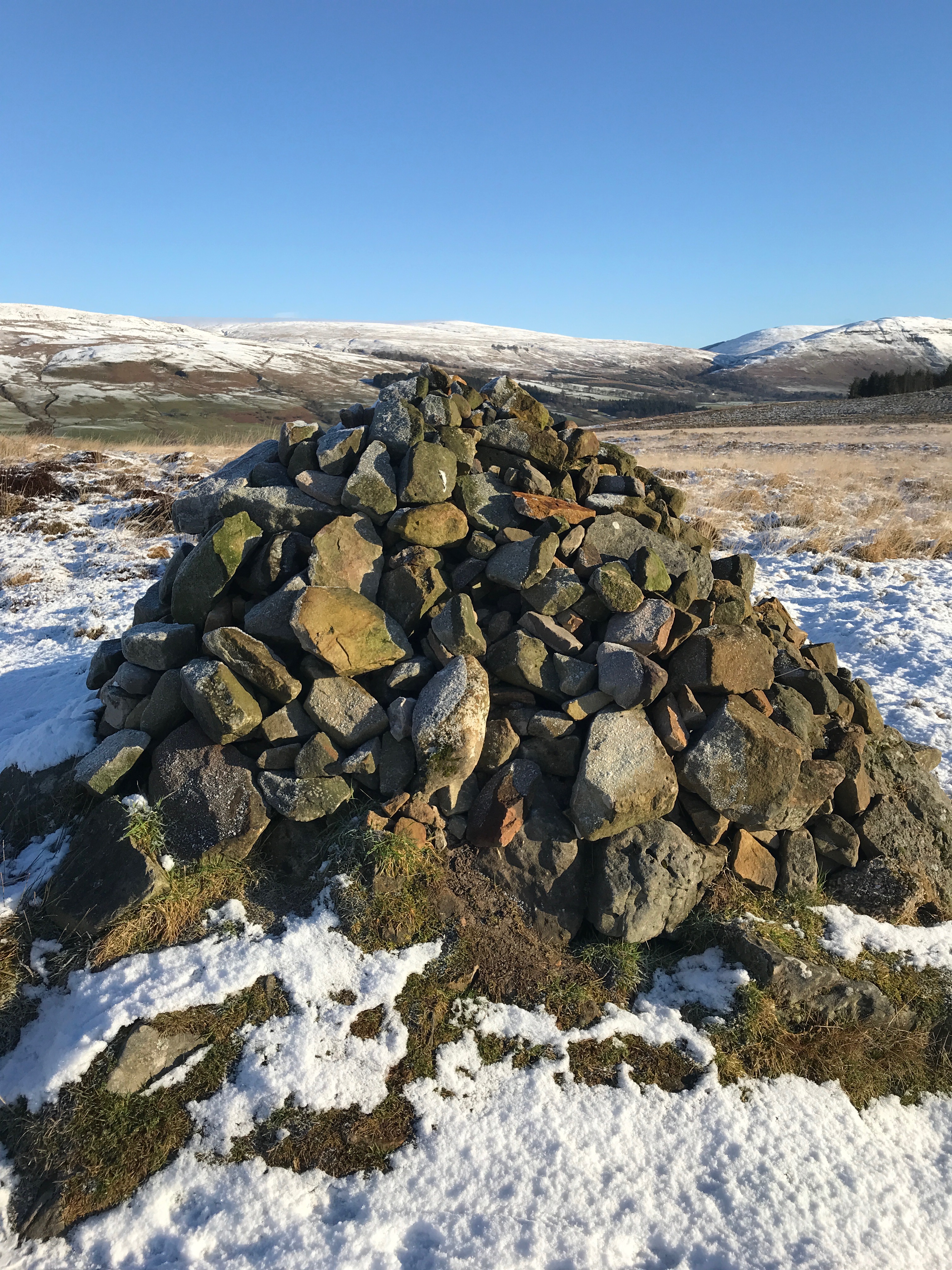
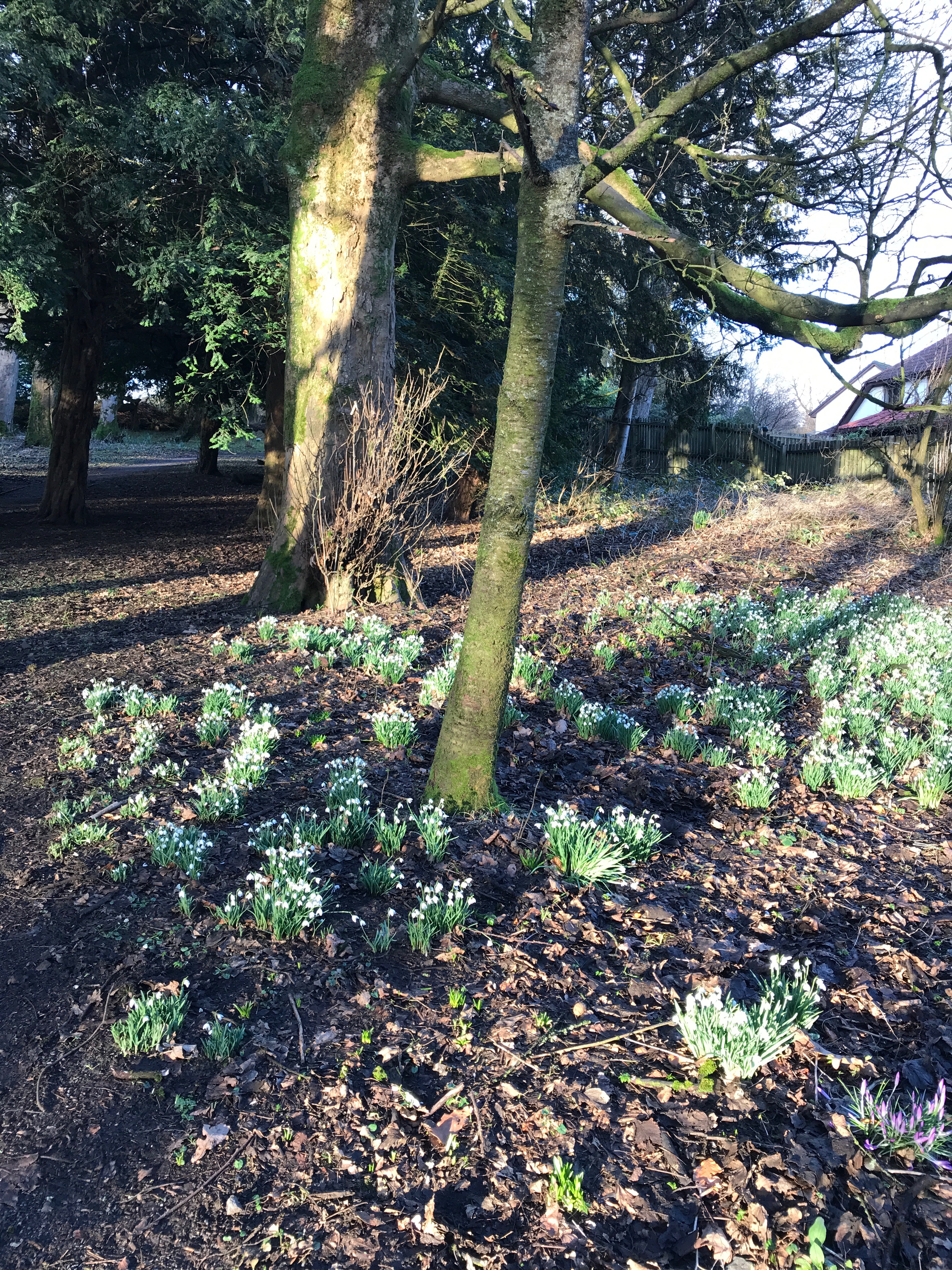

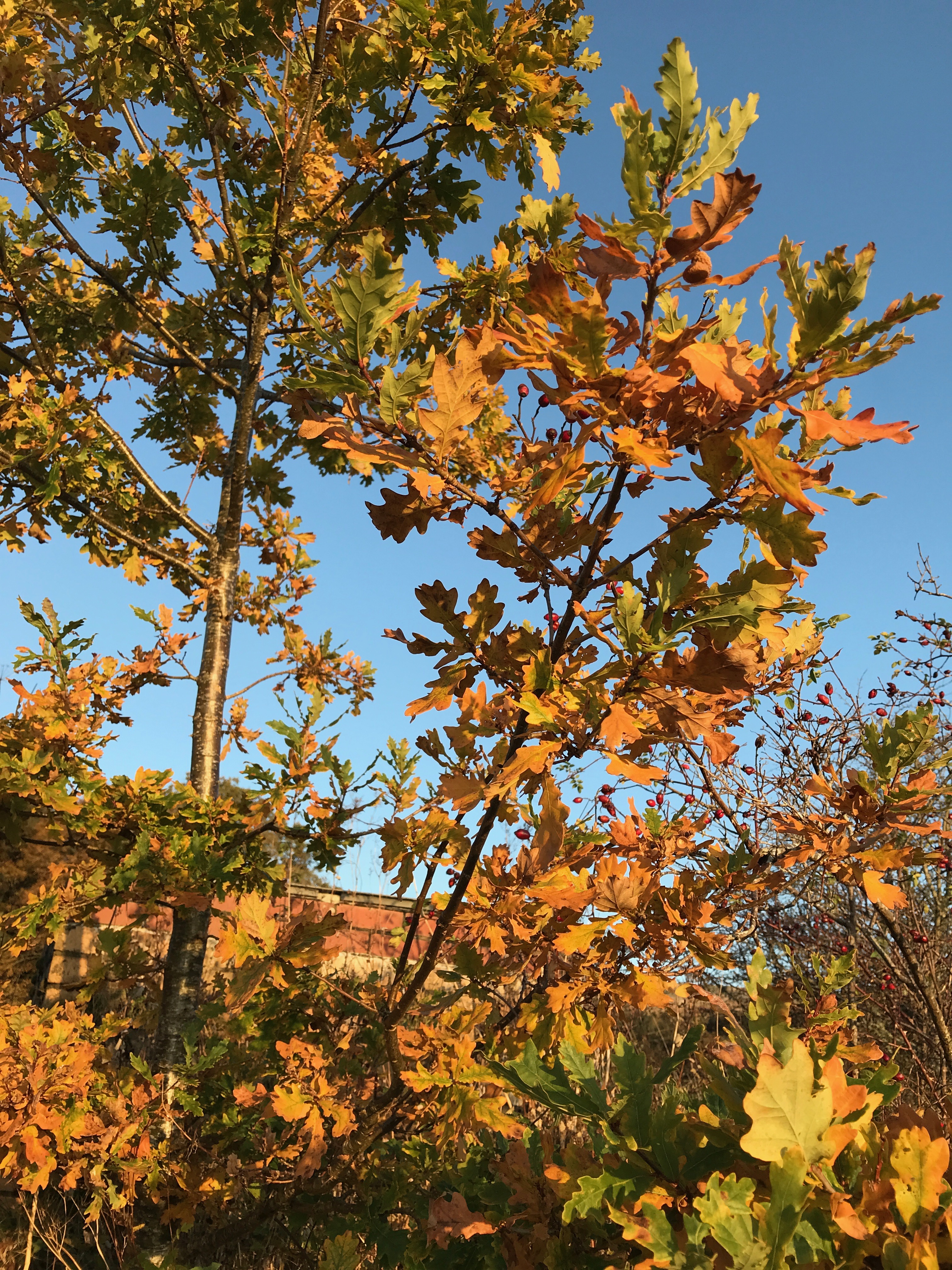
This is not the sole preserve of Christians and we can share the appreciation which people of other faiths and humanists have for the natural world. This can be an important area for interfaith dialogue and help others see the relevance of religious belief in an increasingly secular world. In modern times, we are beginning to understand more of the complexity of the world and how we depend on it. We know that tropical forests may be far distant but they have a vital role in protecting the atmosphere. The oceans may seem vast but their pollution endangers fish stocks.
Ross Greer, our youngest MSP and a committed Christian, recently stated, ‘Our challenge is not just to admire creation but to play a leading role in the increasingly desperate fight to protect and save it from the greed and exploitation of the few, which has brought our planet to this place of crisis’. We need to harness the idealism of thousands of people I see setting out from Milngavie on the West Highland Way, and the millions who watch television programmes which highlight the natural world and the dangers facing it.

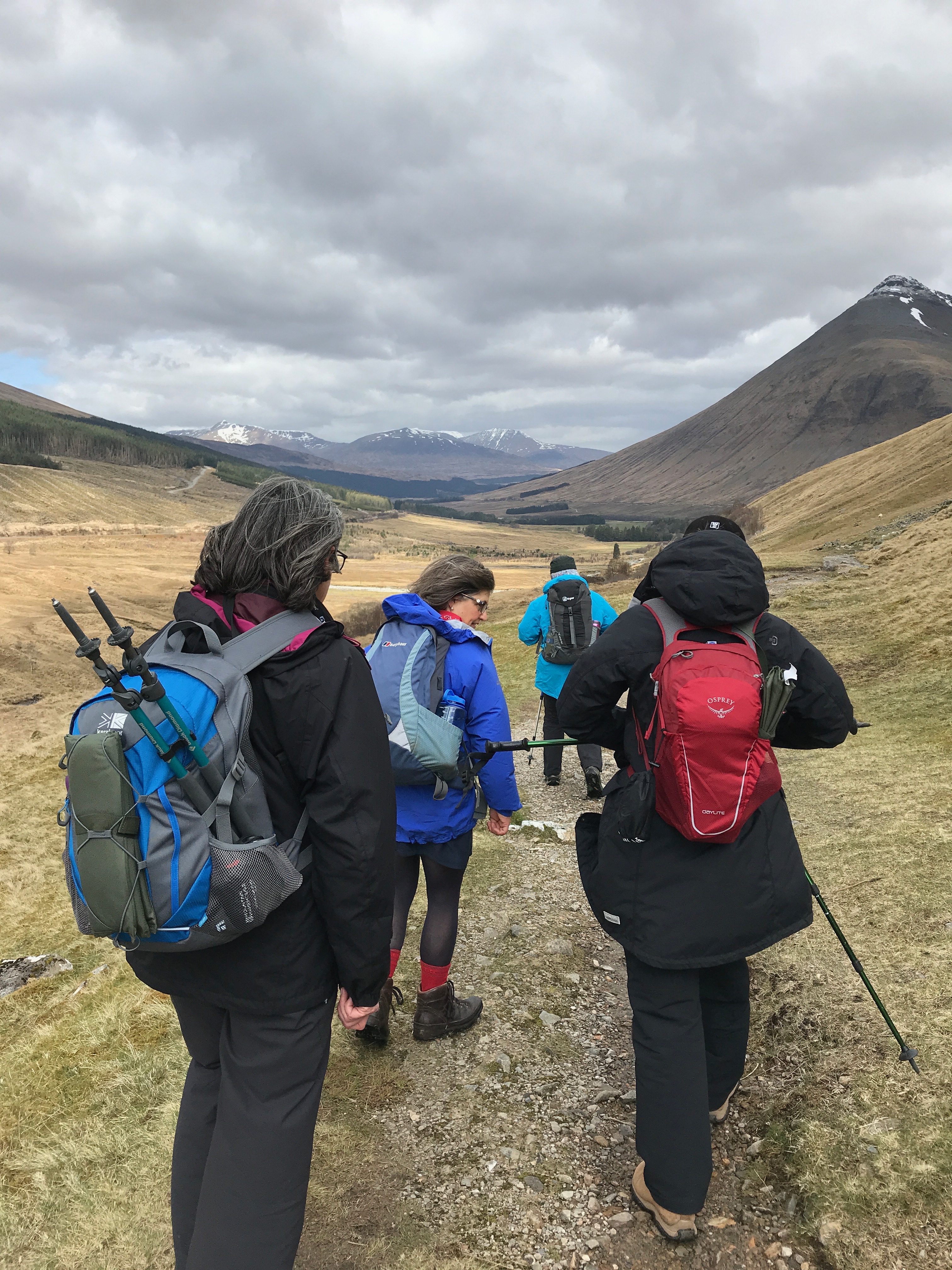 One of the main features of Celtic Christianity which attracts me is the idea of seeing God in creation, not as a distant being who in a mysterious way set the process off, but as part of the revelation who is involved with humankind and the whole of the created world. The big division in society is not between those who believe in God and those who do not (who often have more in common than they realise), but between those who want to exploit the world and its resources without regard for the effects on other people, and those who try to care for the world and its inhabitants. Pope Francis promotes the need for a humanity with a more integral and integrating vision. If we believe that there is a God who loves us, then surely we must love God’s creation and all its creatures.
One of the main features of Celtic Christianity which attracts me is the idea of seeing God in creation, not as a distant being who in a mysterious way set the process off, but as part of the revelation who is involved with humankind and the whole of the created world. The big division in society is not between those who believe in God and those who do not (who often have more in common than they realise), but between those who want to exploit the world and its resources without regard for the effects on other people, and those who try to care for the world and its inhabitants. Pope Francis promotes the need for a humanity with a more integral and integrating vision. If we believe that there is a God who loves us, then surely we must love God’s creation and all its creatures.
